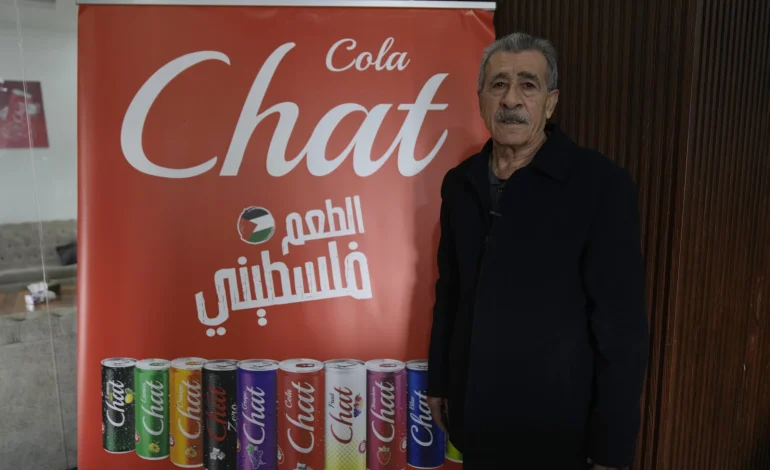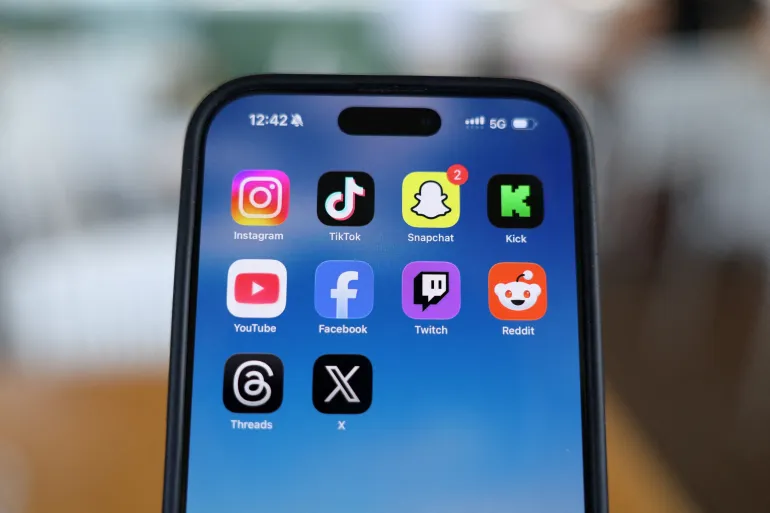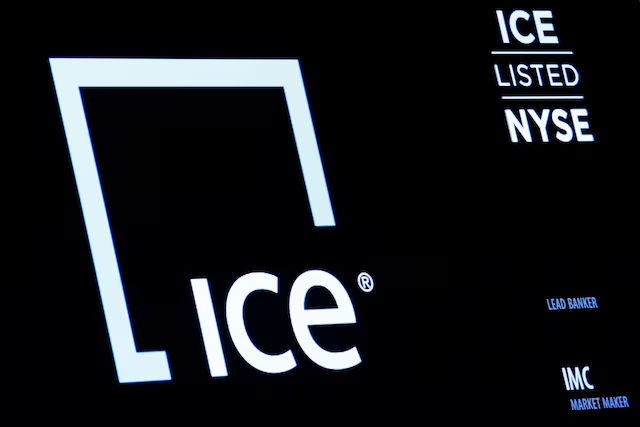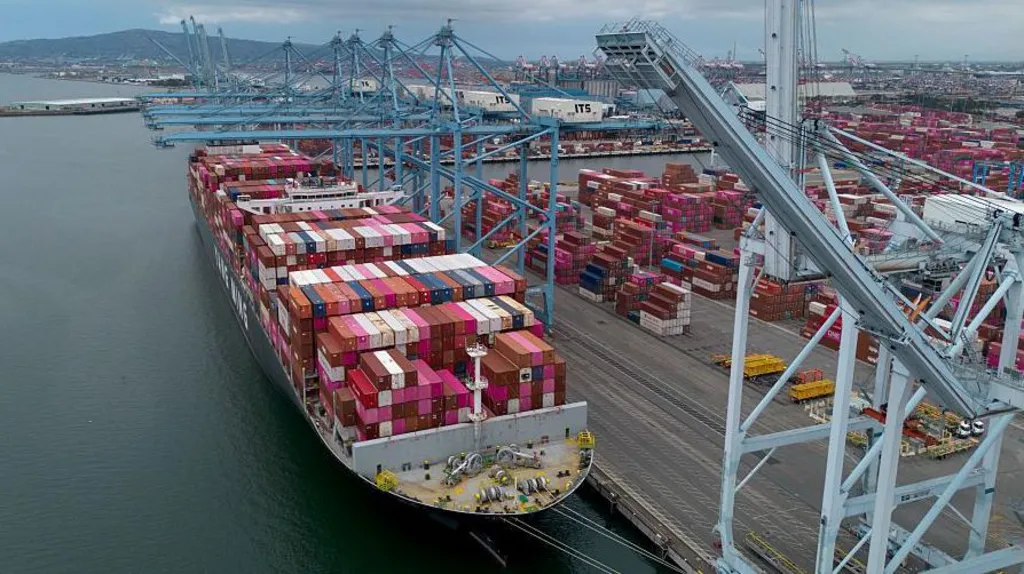Local Soft Drink Gains Popularity Amid Middle East Conflict

In the Israeli-occupied West Bank, a shift in consumer preferences has led to a significant rise in demand for Chat Cola, a locally produced soft drink, the Associated Press reports.
Amid the ongoing Israel-Hamas conflict and growing regional boycotts of American brands, many Palestinians are opting for Chat Cola over Coca-Cola, seeing it as a statement of solidarity.
Chat Cola, which features packaging reminiscent of Coca-Cola’s iconic design, has seen a sharp increase in sales, with reports suggesting a 40% growth in the past year. The movement is driven by Palestinian consumers protesting US support for Israel and broader regional calls to boycott companies perceived as aligned with Israel.
Fahed Arar, general manager of Chat Cola, noted that the brand was relatively unknown before the war but has since gained widespread recognition.
“When people started to boycott, they became aware that Chat existed,” he said.
Arar added that the company takes pride in offering a product comparable to global brands.
The boycott movement, which has affected other American fast-food chains and retailers, has had visible consequences in the West Bank. Some businesses have removed Coca-Cola from their shelves, while institutions, including Birzeit University, have discontinued its sale. However, Coca-Cola’s franchise in the West Bank, the National Beverage Company, employs Palestinian workers, raising concerns that the boycott could also impact local livelihoods.
While Coca-Cola has not commented on the situation, the company’s operations in the region face challenges not only from consumer sentiment but also from economic instability and increased security restrictions affecting supply chains.
With demand rising, Chat Cola is expanding production, opening a second facility in Jordan and introducing new flavors such as blueberry and green apple. The company has also secured kosher certification to broaden its appeal in Israeli Arab communities, where sales increased by 25% last year.
Despite its success, Chat Cola faces logistical hurdles, including import taxes and delays at Israeli-controlled border crossings. In one instance, a hold on aluminum shipments forced part of the factory to shut down temporarily, highlighting the complexities of operating under occupation.









The latest news in your social feeds
Subscribe to our social media platforms to stay tuned